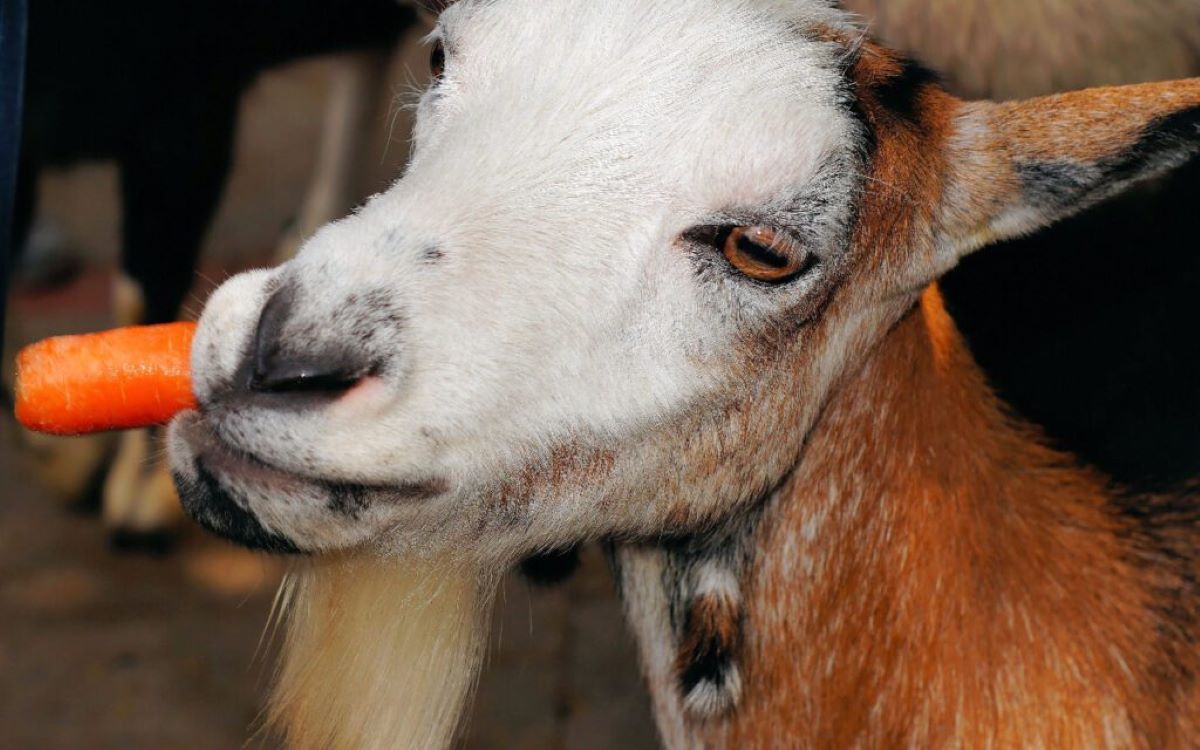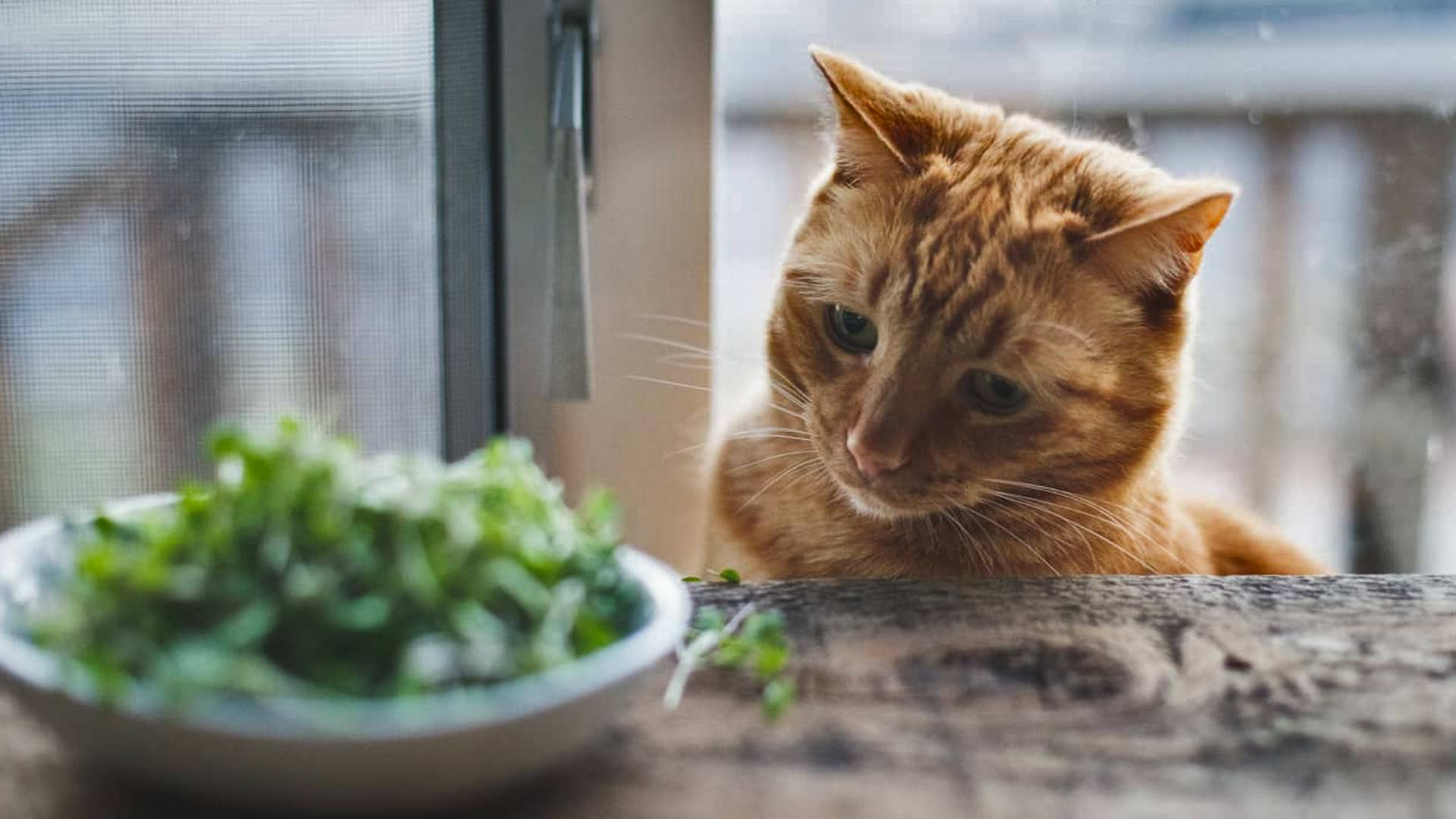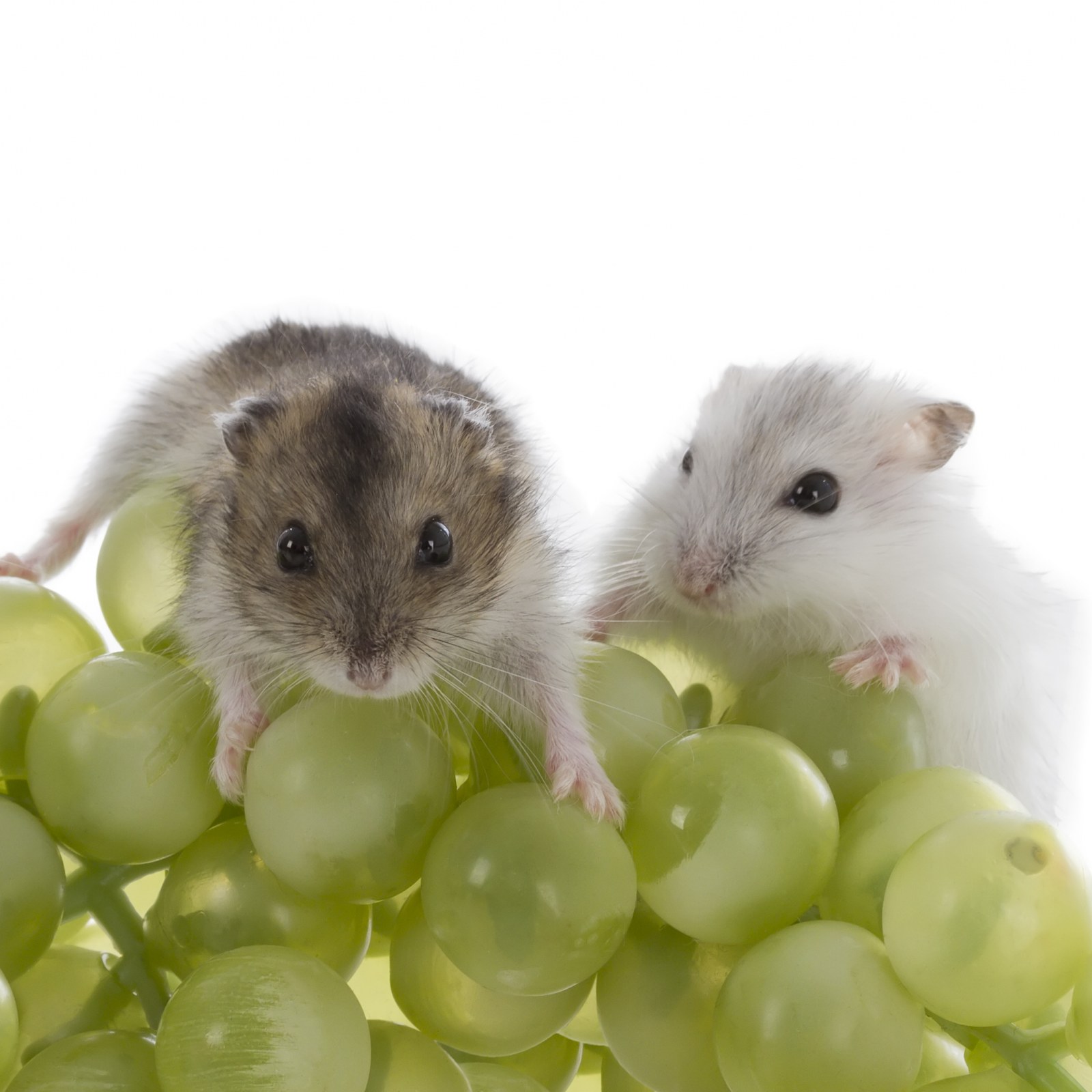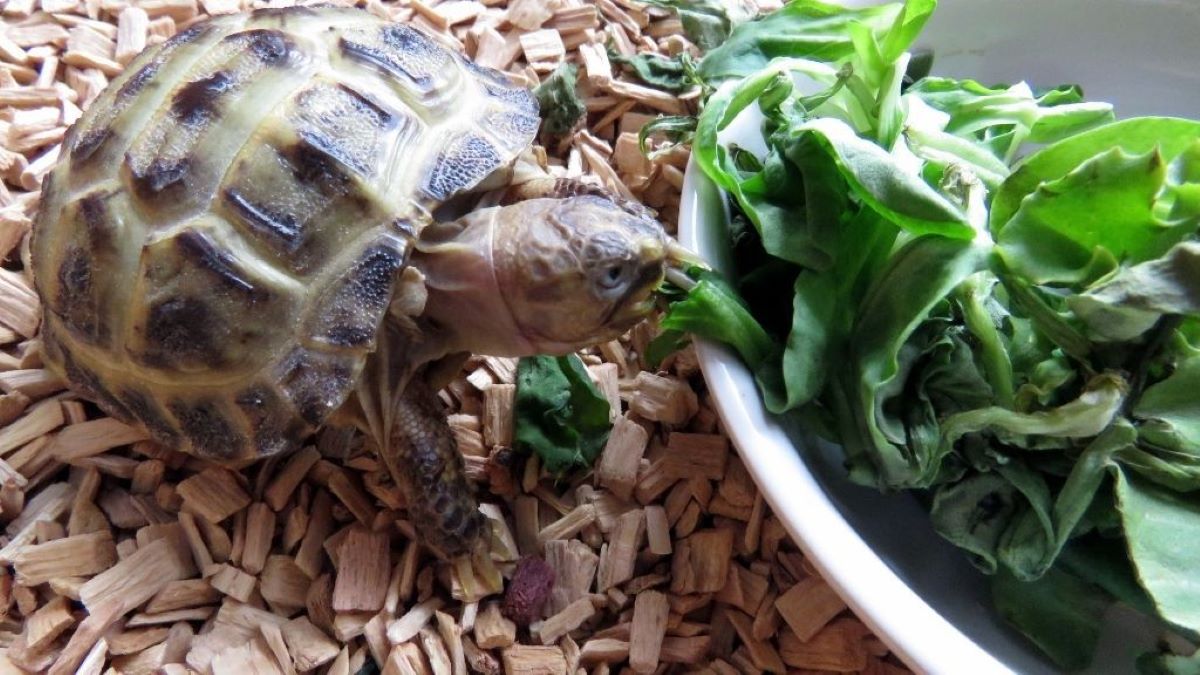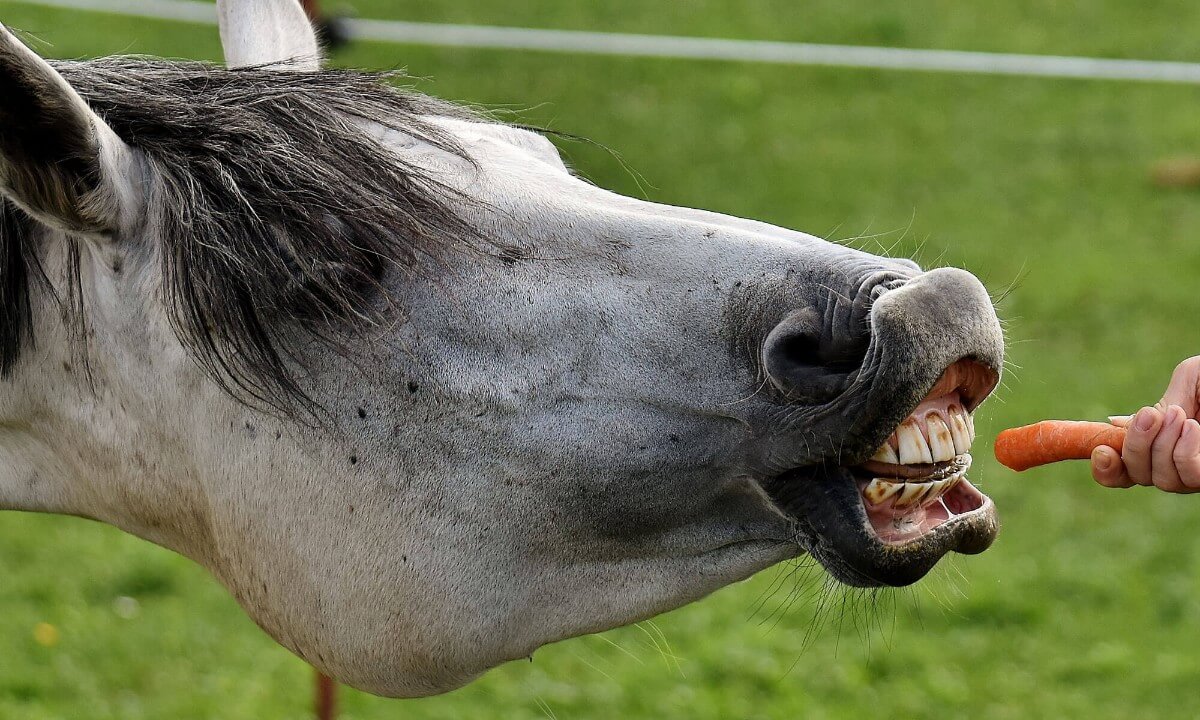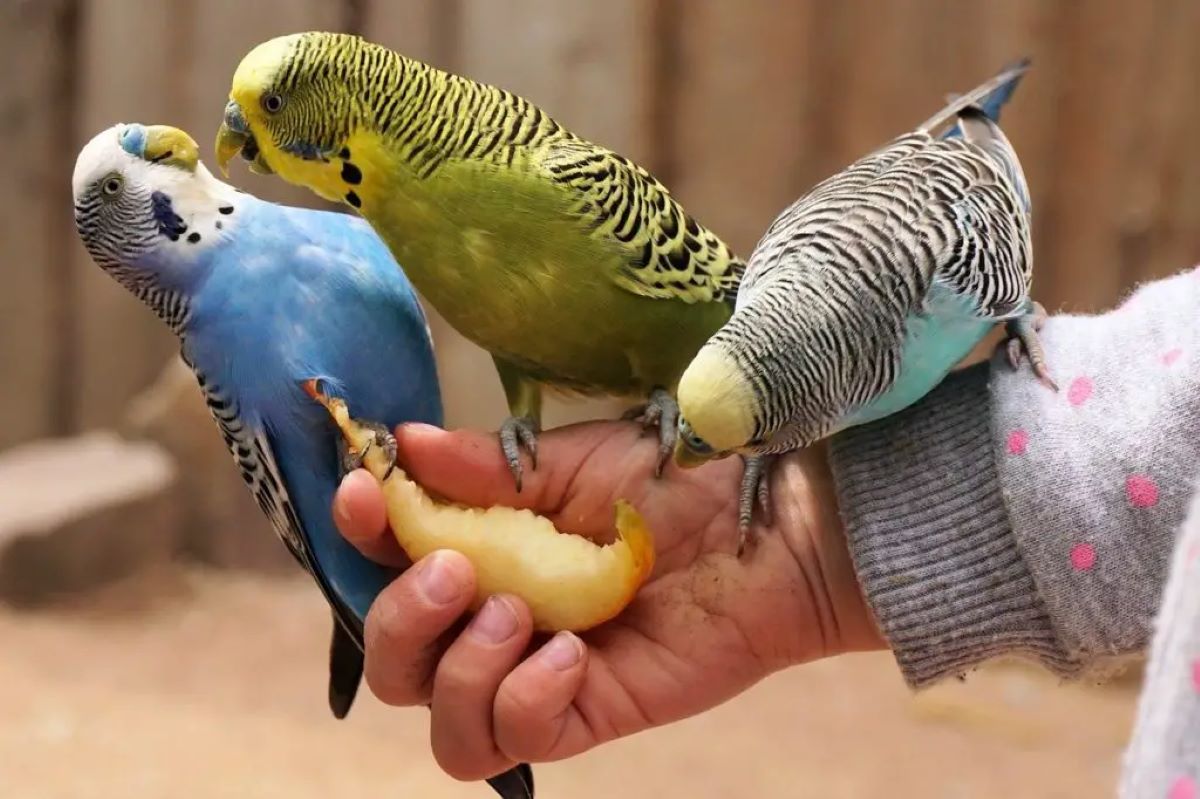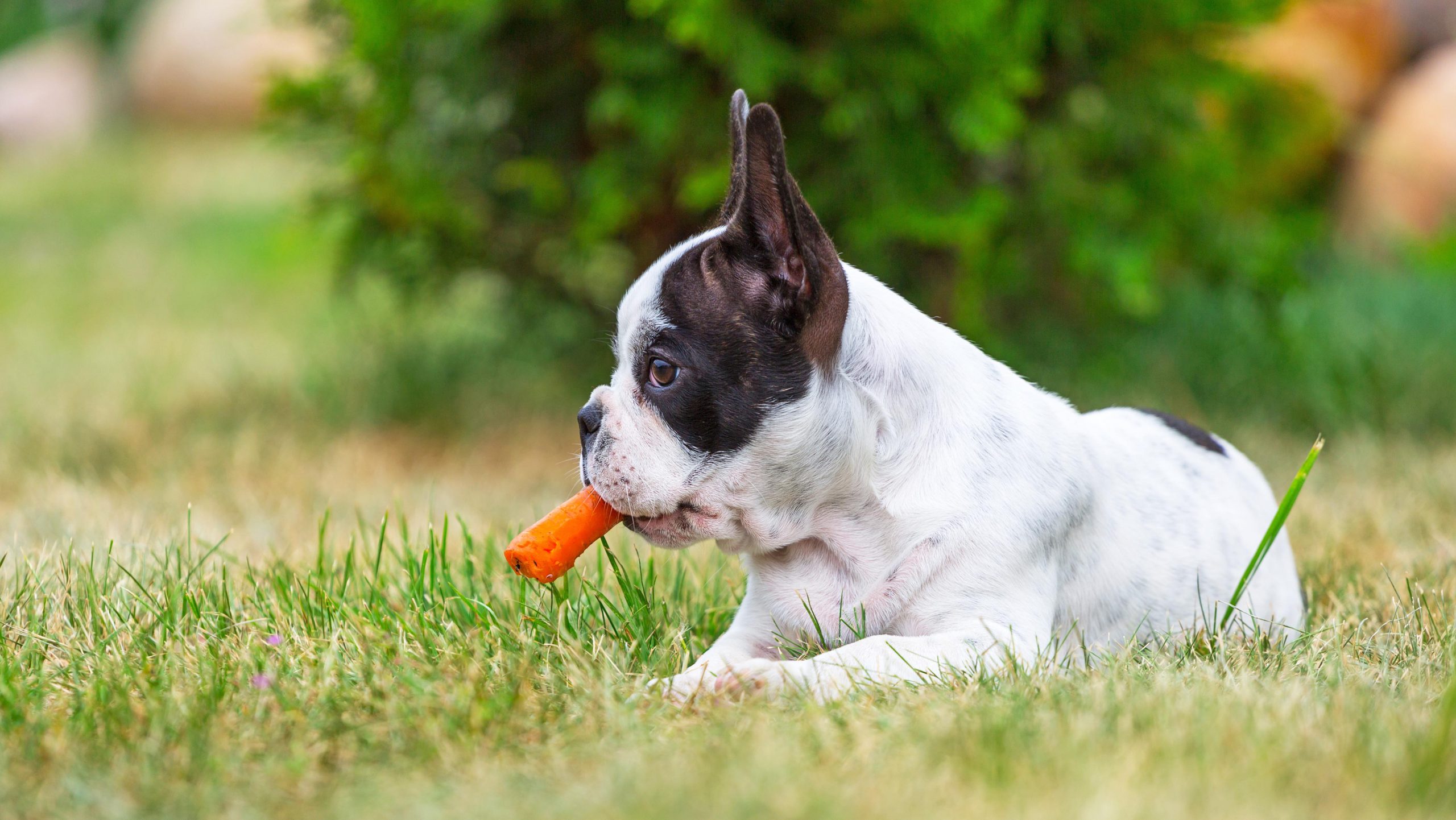Home>Gardening News and Trends>Latest News>What Weeds Can Chickens Not Eat


Latest News
What Weeds Can Chickens Not Eat
Modified: January 22, 2024
Discover the latest news on what weeds chickens cannot eat. Keep your flock healthy and learn how to prevent toxic plant consumption.
(Many of the links in this article redirect to a specific reviewed product. Your purchase of these products through affiliate links helps to generate commission for Chicagolandgardening.com, at no extra cost. Learn more)
Table of Contents
Introduction
Welcome to our comprehensive guide on what weeds chickens should not eat. If you are a chicken owner, you know that these feathered friends have a voracious appetite and will peck at almost anything that comes their way. While chickens are excellent foragers and can help control weed growth in your backyard or farm, it is important to be aware of the types of weeds that can be harmful or toxic to them.
Some common weeds may contain substances that can cause illness or even death in chickens if ingested. These toxic plants can have various effects on their health, ranging from gastrointestinal issues to neurological disorders. As a responsible chicken owner, it is crucial to be able to identify these harmful weeds and take necessary steps to prevent your chickens from consuming them. In this article, we will explore some of the common weeds that chickens should not eat, the dangers they pose, and how you can protect your feathered friends from these toxic plants.
By understanding which weeds to avoid, you can create a safe and healthy environment for your chickens, ensuring their overall well-being and productivity. Additionally, we will discuss the benefits of preventing chickens from eating harmful weeds and offer alternative weed management strategies that can be implemented to maintain a weed-free and chicken-friendly space.
So, if you’re ready to learn about the weeds that can potentially harm your chickens and the steps you can take to protect them, let’s dive in and get started on this important journey of ensuring the health and safety of your flock.
Common Weeds that Chickens Should Not Eat
While chickens are known for their ability to forage and eat a wide variety of plants, there are certain weeds that can be harmful or toxic to them. It is essential for chicken owners to be able to identify these weeds and take necessary precautions to prevent their chickens from consuming them. Here are some common weeds that chickens should not eat:
- Ragwort: Ragwort is a bright yellow flowering weed that contains toxins called pyrrolizidine alkaloids. Ingesting ragwort can cause liver damage or even death in chickens. It is important to remove ragwort from the chicken’s grazing areas to avoid any potential harm.
- Bracken Fern: Bracken fern is a common weed found in many areas. This plant contains a toxin called ptaquiloside, which can lead to thiamine deficiency in chickens. Thiamine deficiency can cause neurological issues and central nervous system damage. Therefore, it is crucial to prevent chickens from consuming bracken fern.
- Buttercups: Buttercups are small yellow flowers that may be visually appealing, but they contain a toxic compound called protoanemonin. Ingesting buttercups can cause gastrointestinal problems in chickens, such as diarrhea and vomiting. It is best to remove buttercups from the chicken’s environment to avoid any digestive issues.
- Jimsonweed: Jimsonweed, also known as Datura, is a highly poisonous plant. All parts of the plant, including the leaves, flowers, and seeds, contain toxic substances called tropane alkaloids. Consumption of Jimsonweed can lead to disorientation, seizures, and even death in chickens. Keeping chickens away from this toxic plant is crucial.
- Deadly Nightshade: Deadly nightshade is a perennial plant with purple or black berries. It contains a toxic compound called solanine, which can cause gastrointestinal problems and neurological issues in chickens. Removing deadly nightshade from the chicken’s surroundings is essential to prevent any health complications.
These are just a few examples of common weeds that can be harmful or toxic to chickens. It is crucial to be vigilant and research any unfamiliar plants in your chicken’s environment. Remember, prevention is key when it comes to protecting your flock from ingesting potentially harmful weeds.
Dangers of Chickens Consuming Toxic Weeds
Consuming toxic weeds can have severe consequences for chickens. These dangers can range from mild digestive issues to life-threatening conditions. As a responsible chicken owner, it is important to understand the potential dangers that toxic weeds pose to your flock. Here are some of the risks involved:
- Gastrointestinal problems: Many toxic weeds can cause gastrointestinal distress in chickens. Symptoms may include diarrhea, vomiting, decreased appetite, and discomfort. These issues can lead to dehydration and malnutrition if not addressed promptly.
- Neurological disorders: Certain toxic weeds can affect the central nervous system of chickens. These plants can cause neurological symptoms such as disorientation, seizures, tremors, and paralysis. In severe cases, the damage to the nervous system can be irreversible.
- Organ damage: Some toxic weeds contain compounds that can cause damage to specific organs in chickens. For example, plants like ragwort can lead to liver damage, while others may affect the kidneys or the respiratory system. Over time, these organ damages can significantly impact the overall health and lifespan of the chicken.
- Decreased egg production: Ingesting toxic weeds can cause stress and illness in hens, which can lead to a decrease in egg production. Chickens that are unwell or experiencing health complications are less likely to lay regular, healthy eggs.
- Increased mortality rate: In severe cases, consuming toxic weeds can result in the death of chickens. Some plants, like Jimsonweed, have potent toxins that can cause rapid respiratory failure or cardiac arrest. It is essential to prevent chickens from accessing these plants to avoid any fatal outcomes.
As a caretaker, it is your responsibility to create a safe environment for your chickens and protect them from the dangers of consuming toxic weeds. Regularly inspecting the areas where your chickens roam, removing any potentially harmful plants, and providing a balanced diet are crucial steps in preventing these dangers from occurring.
Moreover, it’s important to note that the severity of the risks depends on several factors, including the type and amount of the toxic weed consumed, the overall health of the chicken, and the speed of veterinary intervention. Seeking professional help from a veterinarian is highly recommended if you suspect your chickens have ingested toxic plants.
Benefits of Preventing Chickens from Eating Harmful Weeds
Preventing chickens from eating harmful weeds not only ensures their health and well-being but also offers several additional benefits. As a chicken owner, it is important to understand the advantages of keeping your flock away from toxic plants. Here are some benefits of preventing chickens from consuming harmful weeds:
- Improved chicken health: By removing toxic weeds from their environment, you reduce the risk of your chickens getting sick or developing health complications. Healthy chickens are more active, have better feather quality, and lay more eggs, leading to an overall healthier and more productive flock.
- Savings on veterinary costs: Preventing chickens from consuming harmful weeds can help minimize the need for veterinary care. By proactively creating a safe environment and providing a proper diet, you reduce the risk of your flock falling ill. This translates to fewer visits to the vet and lower medical expenses for your chickens.
- Maintaining egg quality: Toxic weeds can impact the quality of eggs laid by your hens. By ensuring your chickens don’t consume harmful plants, you help maintain the nutritional integrity and taste of the eggs produced. This is particularly important if you intend to consume the eggs or sell them to others.
- Reduced risk of contamination: Some toxic weeds can introduce harmful substances into the chicken’s system, leading to contamination of their meat or eggs. By preventing chickens from consuming these plants, you minimize the risk of chemical or bacterial contamination, ensuring the safety of the products derived from your flock.
- Better weed management: While chickens can be great foragers, allowing them to eat any plant without restriction can lead to an unbalanced ecosystem. By preventing chickens from consuming harmful weeds, you can maintain a healthier balance between the chickens and the weeds in your environment. This helps promote the growth of desired plants and reduces the overgrowth of potentially invasive or unwanted weeds.
Overall, preventing chickens from eating harmful weeds is essential for their health, the quality of their products, and the sustainability of your ecosystem. By proactively managing their environment and ensuring a well-rounded diet, you create a safer, more productive, and more enjoyable experience for both you and your feathered friends.
How to Identify and Remove Toxic Weeds from Chicken Areas
Identifying and removing toxic weeds from your chicken’s areas is crucial for their safety and well-being. It allows you to create a safer and healthier environment for your flock to thrive in. Here are some steps you can take to identify and remove toxic weeds:
- Educate yourself: Familiarize yourself with common toxic weeds in your region. There are numerous online resources, books, and local gardening or agricultural organizations that can help you learn about toxic plants to watch out for. Take the time to research and understand the specific weeds that pose a risk to your chickens.
- Regularly inspect the areas: Conduct regular inspections of your chicken’s grazing or foraging areas. Keep an eye out for any unfamiliar plants or suspicious-looking weeds. Look for characteristics such as specific colors, distinctive leaves, or the presence of thorns or flowers. If you are uncertain about a particular plant, consult a plant identification expert or a veterinarian.
- Remove toxic weeds: Once you have identified toxic weeds in your chicken’s areas, it is important to remove them promptly. Ensure that you wear appropriate protective gear, such as gloves, to avoid direct contact with the plants. Gently pull out the weeds by their roots or use a gardening tool to remove them effectively. Be thorough in your removal to prevent regrowth.
- Dispose of the weeds: Properly dispose of the toxic weeds to prevent unintentional consumption by your chickens. Avoid throwing them near your chicken’s foraging areas or composting them in a manner that could contaminate your flock’s food sources. Seal them in plastic bags and discard them in a trash bin or consult local agricultural authorities for guidance on proper disposal methods.
- Implement preventive measures: Take steps to prevent the growth and spread of toxic weeds in areas accessible to your chickens. This may include regularly mowing or trimming the grass, using mulch or ground cover plants to suppress weed growth, and maintaining a healthy and diverse pasture for your chickens to forage. Regular maintenance and weed control practices will help reduce the chances of toxic weeds appearing in your chicken’s areas.
Remember, prevention is key when it comes to protecting your chickens from toxic weeds. By being proactive and diligent in identifying and removing these plants, you create a safer and healthier environment for your feathered friends to thrive.
Alternative Weed Management Strategies for Chicken Owners
As a chicken owner, there are various alternative weed management strategies you can implement to keep your chicken areas free from harmful plants. These methods not only help control weed growth but also provide additional benefits to your flock. Here are some alternative weed management strategies for chicken owners:
- Mulching: Mulching is an effective weed control method that involves covering the soil with a layer of organic material, such as straw, wood chips, or grass clippings. This helps suppress weed growth by blocking sunlight and preventing weed seed germination. Additionally, the mulch breaks down over time and enriches the soil, providing nutrients for your flock.
- Permanent pasture rotation: Implementing a pasture rotation system can help control weed growth, as well as providing fresh and nutrient-rich grazing areas for your chickens. By dividing your pasture into sections and periodically moving your flock to different areas, the chickens can consume emerging weeds while preventing overgrazing and weed dominance in any one spot.
- Deep bedding method: The deep bedding method involves applying a thick layer of carbon-rich material, such as straw or wood chips, on the chicken coop floor. As the bedding material decomposes over time, it acts as a natural weed suppressant and creates a highly fertile compost that can be used in your garden. This method helps control weeds both in the coop area and when the compost is spread in other areas.
- Manual weed removal: Regularly inspecting your chicken areas and manually removing small weeds can be an effective way to control their growth. Hand pulling or using gardening tools to remove weeds before they go to seed reduces the chances of further weed proliferation. This method can be particularly useful for smaller areas or areas where other weed control methods are not practical.
- Integrating weed-eating animals: Besides chickens, there are other animals that can help control weed growth. Consider integrating weed-eating animals like goats or geese into your flock or pasture rotation system. These animals have different feeding habits and can consume weeds that chickens may not prefer, providing additional weed control benefits.
By implementing these alternative weed management strategies, you can maintain a healthier and more productive environment for your chickens. It is important to remember that a combination of approaches may be necessary depending on the size and specific needs of your chicken areas. Regular monitoring, adjusting, and adapting your weed management strategies will help ensure their effectiveness over time.
Conclusion
Keeping your chickens safe from toxic weeds is of utmost importance for their health and well-being. By being able to identify and remove harmful plants from their environment, you can create a safer and healthier space for your feathered friends to thrive. Preventing chickens from consuming toxic weeds not only reduces the risk of illness and organ damage but also offers several additional benefits, such as improved egg quality, reduced veterinary costs, and better weed management.
To protect your chickens from toxic weeds, educate yourself about common weeds in your area and regularly inspect their foraging areas. Remove any toxic plants promptly and dispose of them properly. Implement alternative weed management strategies like mulching, pasture rotation, deep bedding, or integrating weed-eating animals, depending on your specific needs and preferences.
Remember, prevention is key when it comes to keeping your chickens safe. Maintaining a balance between the chickens’ natural foraging behavior and a controlled environment is essential. Regular vigilance, proper nutrition, and providing a diverse and safe foraging space will go a long way in ensuring the health and happiness of your flock.
By following these guidelines and taking proactive measures, you can provide your chickens with a weed-free environment, reducing the risk of potential health complications and ensuring they can lead long, healthy, and productive lives.
